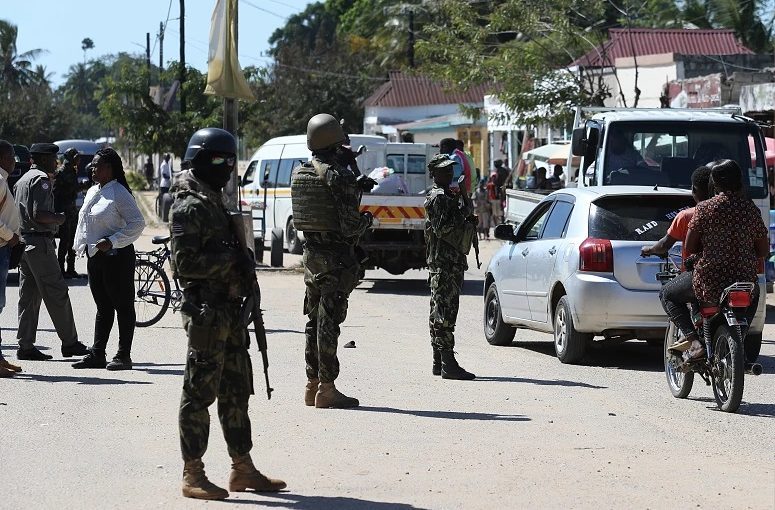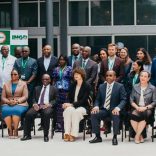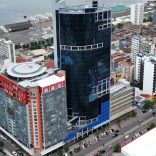Would a free trade agreement with the US be of interest to Mozambique?
Mozambique: Defence, security spending to increase by 42% in 2024 to €971M

File photo: Lusa
Mozambique will increase spending on defence and security by 42% in 2024, compared to this year’s budget, surpassing 67.96 billion meticais (€971.7 million), according to official figures to which Lusa had access on Monday.
According to the documents supporting the proposal for the Economic and Social Plan and State Budget for 2024, under discussion in parliament, the defence component is budgeted at more than 20,165 million meticais (€288.3 million), equivalent to 3.7% of the estimated Gross Domestic Product (GDP), compared to 13.315 billion meticais (€190.4 million) this year.
The Security and Public Order component rises from 34.556 billion meticais (€493.8 million) in 2023 to 47.802 billion meticais (€683.5 million), 8.8% of GDP, in next year’s budget proposal.
“The government will continue to mobilise additional funding, in material and financial means, to cement the position of the Defence and Security Forces in the Northern Operational Theatre and guarantee the resumption of economic activity and the free movement of people and goods,” the government said in the document.
Even so, this increase in defence and security next year does not exceed the total spent in 2022, of almost 77.292 billion meticais (€1.104 billion), equivalent to 18% of GDP.
READ: Mozambique parliament backs move to extend military service to five years
Mozambique: 22.1% of 2022 State expenditure went to defence and public security
On the other hand, the budget proposal for 2024 cuts health by 16%, which will now have an allocation of 30.113 billion meticais (€430.6 million), equivalent to 5.5% of GDP.
In September, the president of Mozambique, Filipe Nyusi, recognised that terrorism, which has been affecting the province of Cabo Delgado for six years, is a “serious new threat to peace”.
“The brutality with which the terrorists operate has made it clear that this is not a religious conflict, but a phenomenon driven by factors such as money laundering, drug trafficking, the squandering of mineral resources, among other types of crime,” said the President.
The district of Mocímboa da Praia was the first target of the terrorist attacks in Cabo Delgado, northern Mozambique, on 5 October 2017. The town of Mocímboa da Praia was even used as rebel headquarters for just over a year until it was reclaimed in August 2021 by the joint action of Mozambican and Rwandan government forces.
In August, the Mozambican Armed Defence Forces announced that they had killed several of the group’s leaders, including the leader, Mozambican Bonomade Omar.
“The terrorists are no longer in the villages, we have dismantled their main bases, and they have started to act defensively and in small groups, carrying out small sporadic attacks to loot food from the population and perpetuate terror. With the improvement in order and tranquillity, the populations have been returning en masse to their areas of origin, resuming their lives with normality,” said Filipe Nyusi.
Since 2017, the conflict in northern Mozambique has displaced more than a million people, according to the United Nations High Commissioner for Refugees (UNHCR), and caused around 4,000 deaths, according to the ACLED conflict registration project.
In Cabo Delgado province, the Mozambique Armed Defence Forces have been fighting terrorism since July 2021, with support from Rwanda and the SADC mission.











Leave a Reply
Be the First to Comment!
You must be logged in to post a comment.
You must be logged in to post a comment.